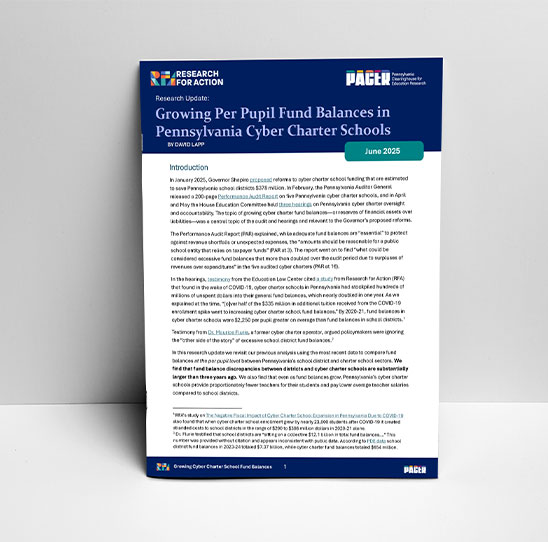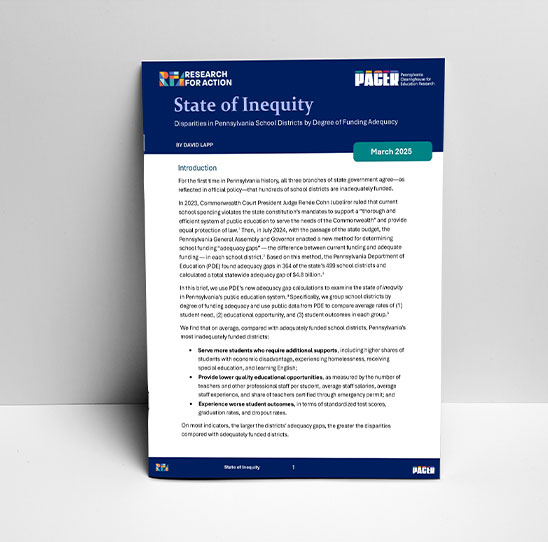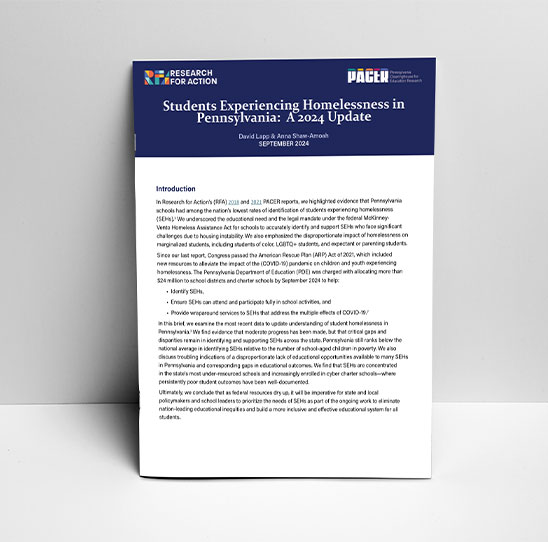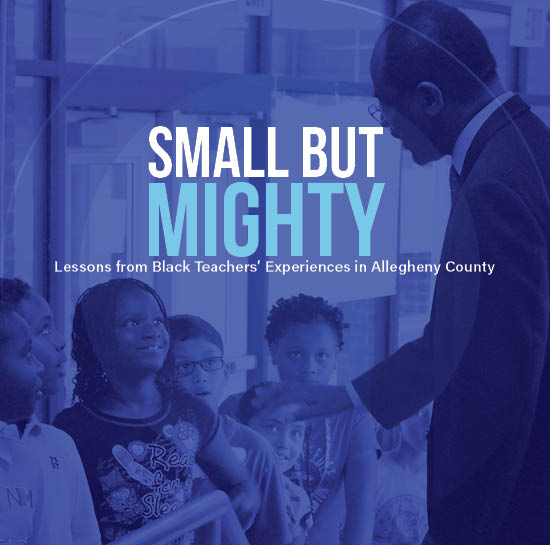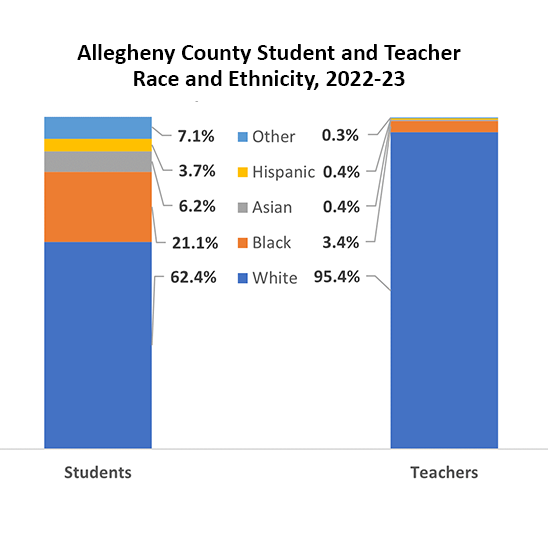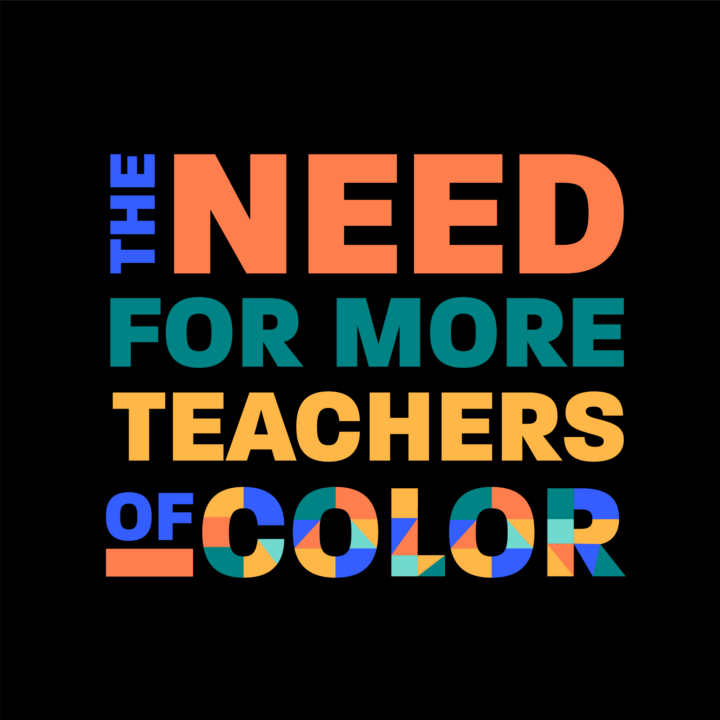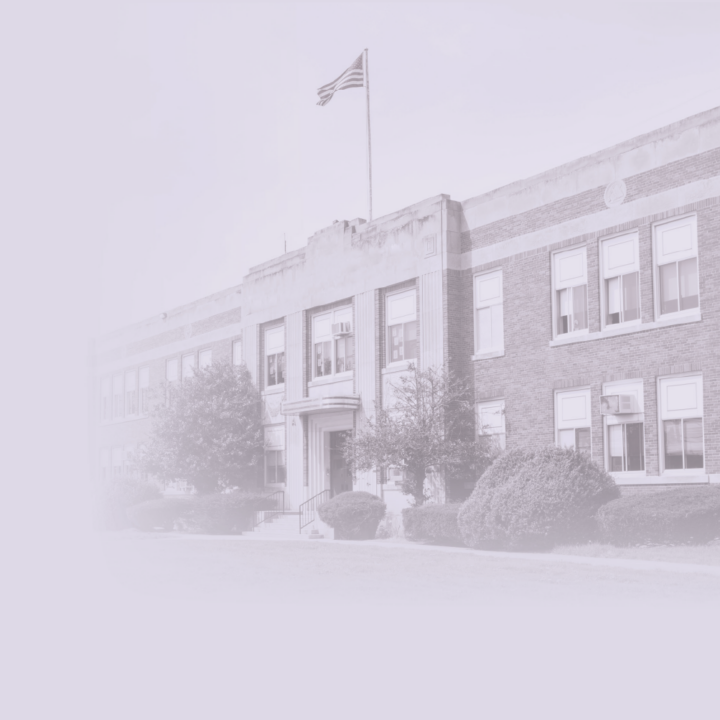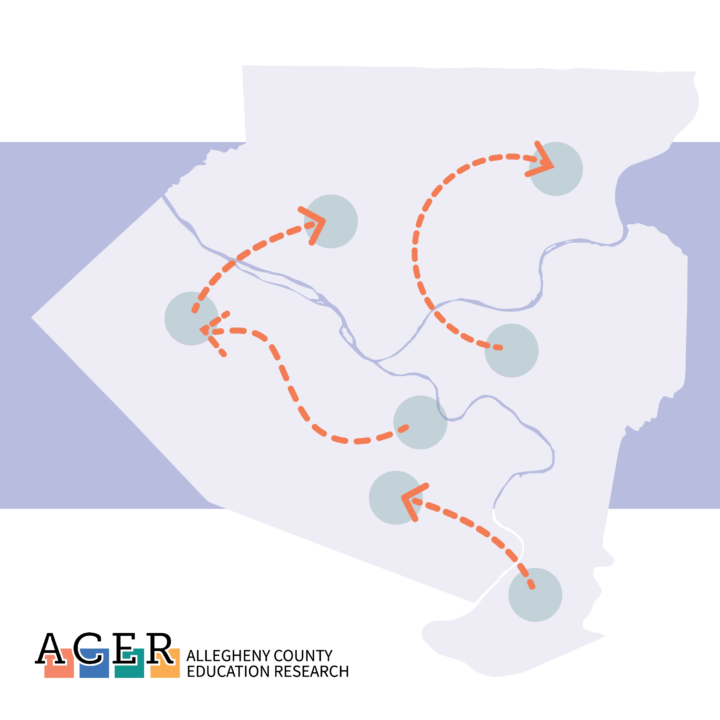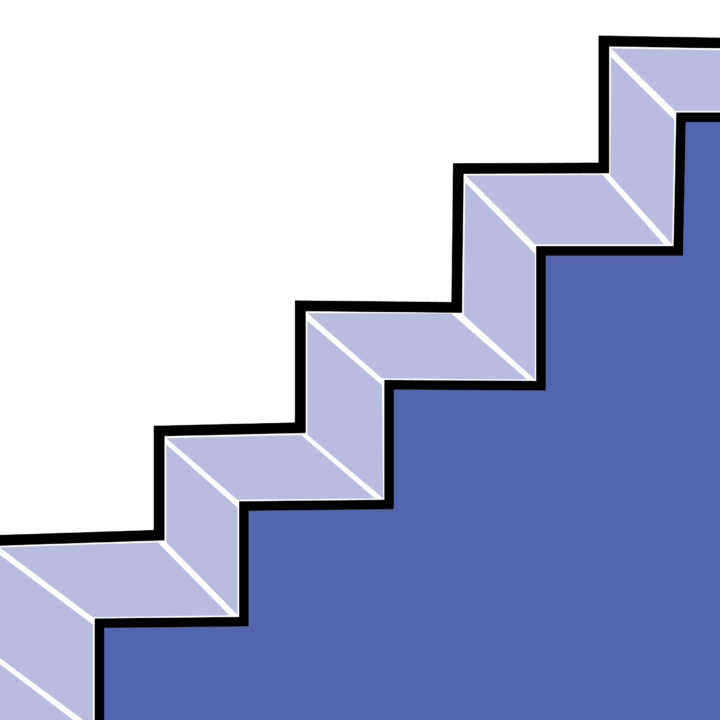In partnership with the Consortium for Policy Research in Education, RFA has been studying Philadelphia schools’ take-up of an instructional reform that has demonstrated positive impacts on teacher knowledge and student learning in math. The Ongoing Assessment Project (OGAP) is designed to deepen teachers’ understanding of foundational concepts in math and engage them in regular formative assessment of their students’ problem-solving strategies. Implementing an ambitious educational reform such as this one is notoriously challenging, as project staff, district personnel, and school leaders struggle to move from initial professional development—where so much money is invested—to deep, routine engagement in schools and classrooms. Teachers’ instructional practices are difficult to change, and it is particularly hard to engender reform ownership in contexts full of competing demands.
In our 2019 study of OGAP in Philadelphia, one school’s engagement with the project offered key lessons in how to successfully approach such a reform. School faculty and project staff layered supports and distributed leadership in unique ways, and they carved out space for teachers to learn, practice, and take ownership of OGAP. This brief shares six lessons from this school for those who wish to facilitate deep ownership of an ambitious instructional reform, including reform developers/staff, district leaders, and school leaders. The brief concludes with tables of questions that readers in each of these roles can ask themselves when designing and/or implementing similar reforms.

